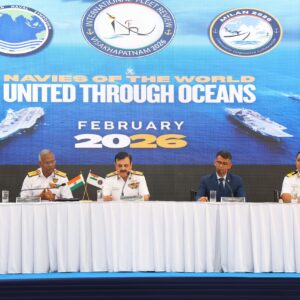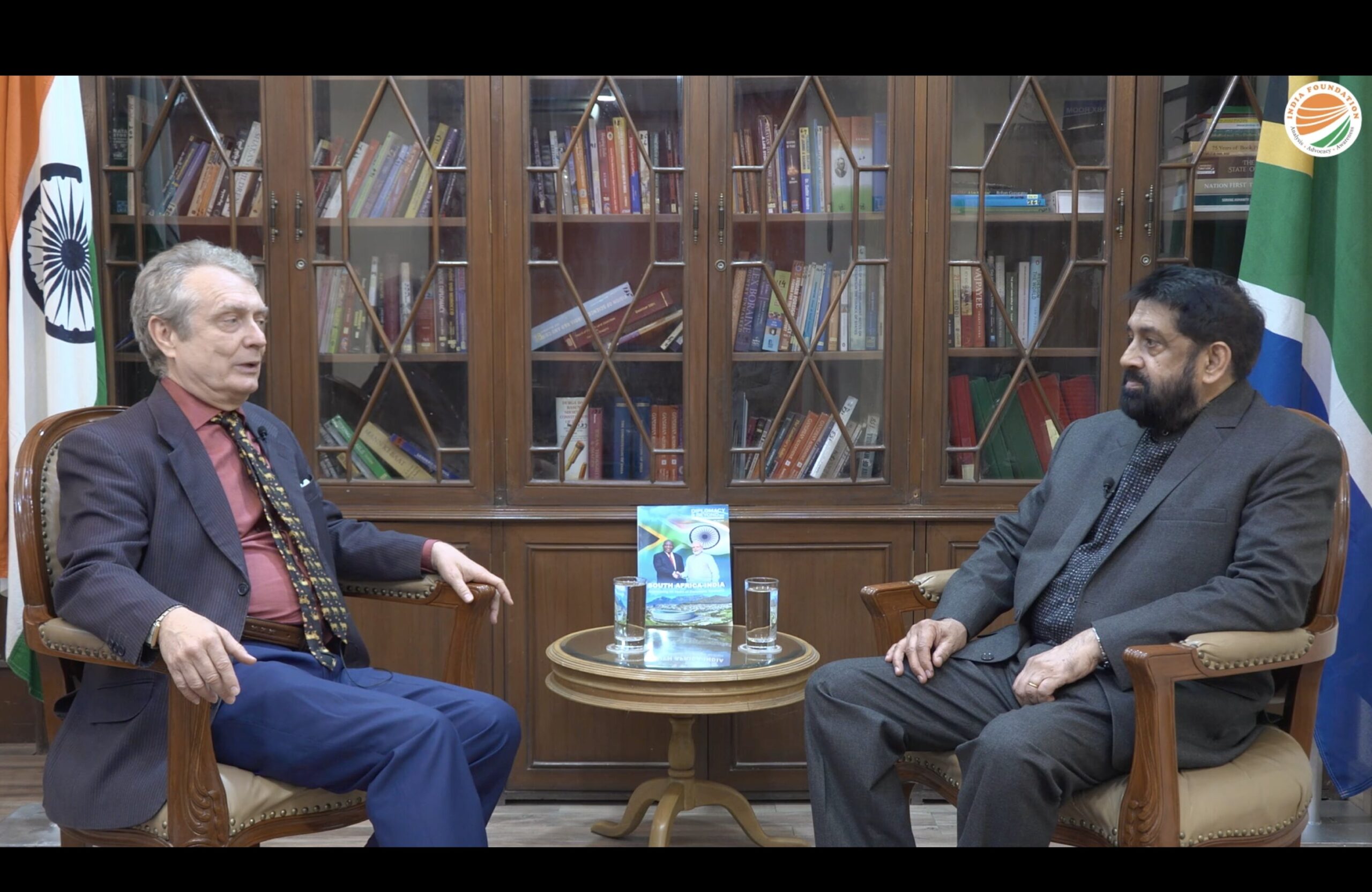Ocean and sea are growing in importance in a globalized economy
• They provide the trading route and enhance globalized economy’s activities; multi-purposes for communications among nations and continents.
• Fishing activities expanding, disputes over territorial waters and exclusive economic zones add to ever complexity of nations’ quarrels.
• Natural resources — water beds contain rich reserves of oil, ing, and other minerals resources.
• Old rivalries, territorial disputes, counter terrorism, humanitarian assistance as well as disaster relief, and maritime energy security all require creation of regionalcooperation mechanism; and multilateral forum such as this one is an important step in the right direction.
• The above factors, hence, attract multinational interests in attempts to formulate globalized or regional cooperation framworks to ensure orderly and fair access among all interested parties
Indian Ocean has always been important in East-West trading system; it becomes more so in recent decades as world-wide interactions and communications have grossly multiplied:
• Estimated 80% of the world’s oil transactions sail through the Indian Ocean, the Malacca Strait and the South China Sea to reach Northeast Asia, China proper and the west coast of Canada and the United States. Total volumes of annual trade passage, including oil amounts to about $5.3 trillions at present.
• As India and perhaps other South Asia countries adopt a “Look East” policy, efforts to protect the sea lanes become much more important to them.
• Indian Navy has begun to operate in the Western Pacific especially in cooperation with the military exercises of the U.S. and Japan. Secure safe passage through the South China Sea becomes a necessity for security reason.
• In short, the Indian Ocean in junction with the rising status of India are geostrategically important for global trade, maritime safety, and many aspects of regional security consideration.
Moreover, Asia — including Northeast Asia, Southeast Asia and South Asia — has emerged as perhaps the most vital economic region in global economy; put together, their aggregate GDP now surpasses other global regions. The combined GDP of the ASEAN and India stands at US$4.5 trillions. Their aggregate annual trade figures amount to US$3 trillion. And the future prospects for further growth and favorable demographic trend look very promising for this region to sustain its importance in trade and security, among others.
These factors motivate Taiwan’s new government as well as the private business sectors to make plans for what is knownas the “Southbound” initiatives following the general election early this year.
Foreign trade and fishing industries are crucial aspects of Taiwan economy. Its business sectors have already actively invested in and traded with the ASEAN countries for almost half-a-century. Total investments in the ASEAN countries in the last two decades are estimated in excess of US$45 billion.
In recent years, more companies begin to target the Indian Ocean rim countries for investment and trade, especially India.
The recently elected Democratic Progressive Party administration under President Dr. Tsai Ing-wen leadership maps out a comprehensive plan to deepen and broaden economic connectivity with ASEAN, South Asia, Australia, and N.Z.
The plan charts out an overall strategy of fostering linkages with 18 countries in this region. The new initiatives emphasize Southbound links in such sectors as textiles, shoes, medical care, education, internet technology, ICT supply chains, petrochemical, financial services, green agriculture and exchanges of human resources, for instances.
In conclusion, both official and private sectors have recently revitalized their great interests in all aspects of dialogue and broad economic relationship in regard to subject matters being addressed to in this Indian Ocean Conference.
(This article is the gist of the remarks made by Dr Hung Mao Tien, Chairman of the Board, Institute for National Policy Research, Taiwan at the Indian Ocean Conference at Singapore on 2nd September, 2016.)




